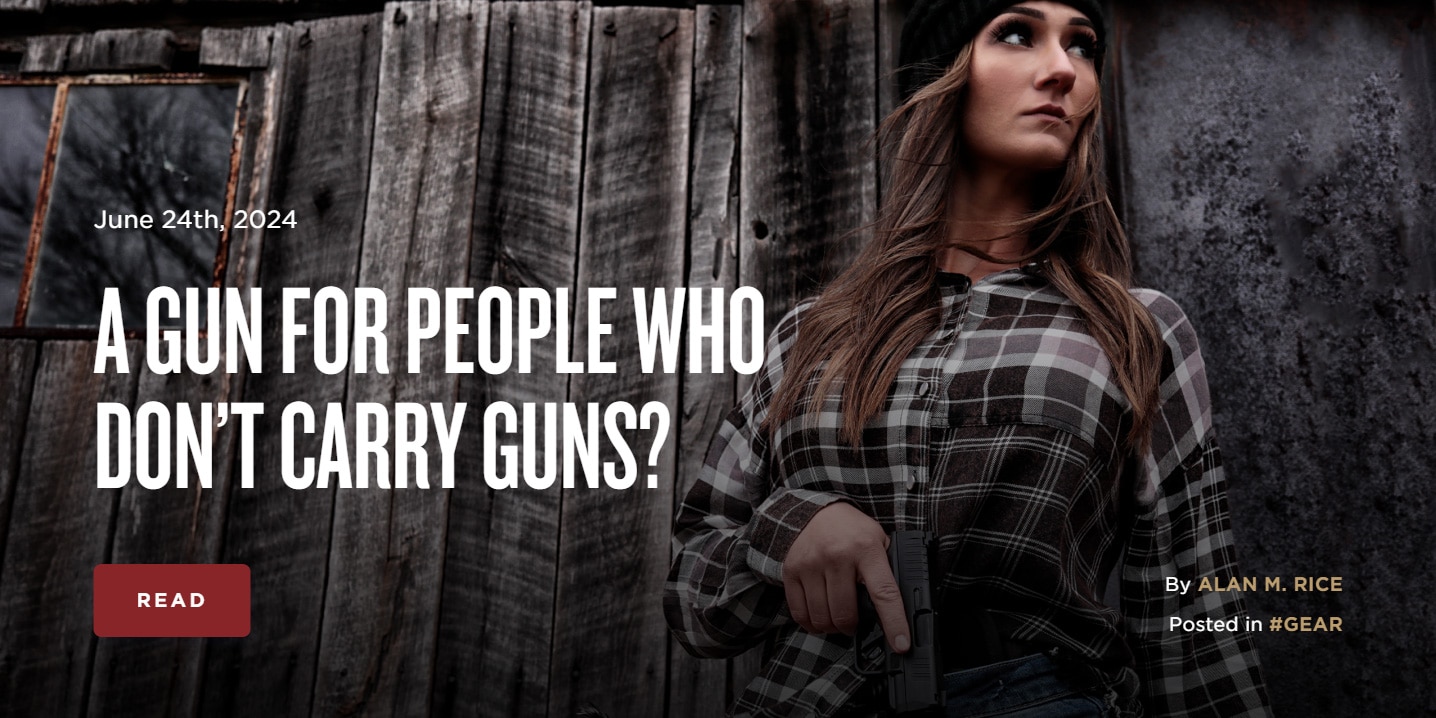I’m not a scientist or professional ballistician. My comments are my opinion based on the 45 ACPs longstanding reputation as well as having read the Marshal Sanow Stopping Power books which were published over 30 years ago.
Most citizens and police officers do not train like secret service agents do.
Agencies make choices based on many factors. Most choose a gun and cartridge that works for all, large and small, male and female… etc.
The clue is that Marshall and Sanow's one shot stop study was published
thirty years ago - aside from the fact that their methodology was mostly whatever anecdotal evidence they chose to use and what they rejected.
BTW, how many times in police shootings do police fire just one shot rather than just "shoot him down into the ground"? Nobody is trained to fire a shot and then pause to evaluate effect before firing more rounds at their assailant. I don't think the majority carrying for self defense are going to just try one shot and evaluate, either.
Aside from the fact that Marshall and Sanow were also like you - not scientists or nor ballisticians focused on terminal ballistics who are trained in methodology, their findings were based on the
ammunition that was developed 40 years ago. The Hellcat and similar compacts like you are carrying today did not exist back then just as the ammunition of today also did not exist, btw.
In short, technology 40 years later is much different than it was when Marshal and Sanow evaluated shootings with the ammunition of the day - and despite not being scientists created a scientific formula for calculating the probability for a one shot stop. Human beings have an obsession for wanting to find a way to fit chaos into neat boxes.
You aren't the only LEO who read Marshall and Sanow - and the many criticisms of their research and claims by others who were also working in the LEO world. That is not a way of rejecting their attempts to focus on duty ammunition, what they did is what others should have been doing long before. That book probably was the impetus that resulted in ammunition manufacturers muscling up with terminal ballisticians in their R&D departments.
Yes, most citizens and police officers do not train like SS agents do - on the other hand, while SS train on many, many more things related to close protection than shooting, many citizens and police do more training primarily focused shooting rather than split with close protection training than SS do. It's a bell curve where training is concerned - not a training slope with the SS at the top.
That aside - when you're making claims that a caliber is superior to other choices, it makes absolutely no difference if the bullets leave a handgun held by an octogenarian who never trains or a SS agent. What matters is their terminal performance after impact.
You need to decide whether your claim is that effective firearms training makes the determining factor why not issue/carry .45 ACP as it's best - or that firearms training can't deal with caliber differences when mixed with physiological differences: large and small, male and female, etc. So those choosing the .45 ACP need to ensure they're big enough/strong enough to effectively use it?
If indeed 9mm performance on the street doesn't meet the standard of .45 ACP these days, given the much greater numbers of 9mm by now and the resulting far greater number of shootings, there seems to be lot of missing evidence of it's inferiority coming from real world experience today.
Everybody here has already made a choice of caliber as well as choices of the platform they carry it in, single action versus striker fired, safety or not.
Whatever those opinions and choices are, they aren't the burden of proof to support stating those opinions as fact. Whatever caliber you want to try pitching as the best.

